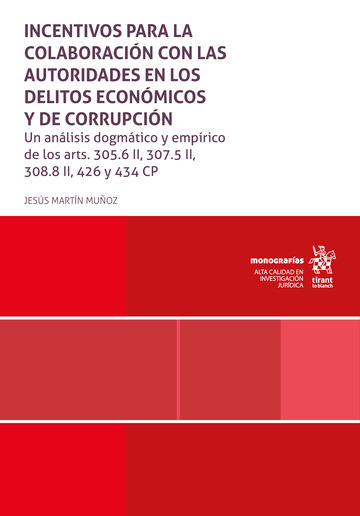- Tirant Brasil
- Libreria Tirant
- Tirant México
- Tirant Chile
- Tirant Colombia
- Tirant Costa Rica
- Tirant Perú
- Tirant Prime
- Tirant Prime Mex
- Tirant Formación
- Tirant Asesores
- Tirant Notarios
- Tirant P.Horizontal
- Biblioteca Virtual
- Tirant Corporativa
- Tirant Online Latam
- Formación México
- Formación Brasil
- Bibl. Virtual Brasil
Ayuda |
Mi cuenta (Identifíquese)
Acceder:
Registrarse:
¿Aún no tienes una cuenta? Crea una ahora y accede a tus listas favoritas, tu histórico de cuentas y muchas más cosas...
O BIEN

Pedidos y atención al cliente
PARTICULARES: 963 392 051 - FAX: 963 615 480 / LIBRERÍAS: 963 610 048 ext. 1005 - FAX: 963 694 151
 Continuar con Google
Continuar con Google Continuar con Facebook
Continuar con Facebook
